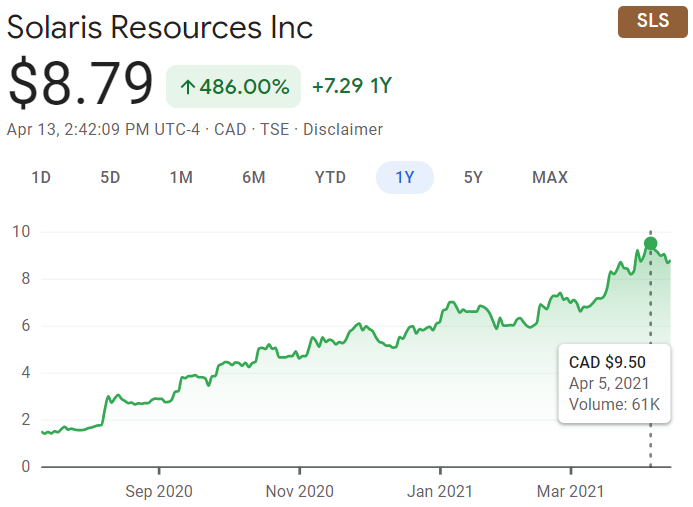
Between 1979 and 2011, Soros has given away over $8 billion to human rights, public health, and education causes. Now he’s giving some free advice to European policy makers.
In his Remarks at the Festival of Economics, Trento Italy earlier this month, Soros believes that Germany must show leadership to preserve the European Union and thinks they only have a three month window in which to do it.
His latest speech is a follow-up to an October 2011 open letter which Soros entitled, “As Concerned Europeans We Urge Eurozone Leaders to Unite” whereby he calls for a stronger economic government for Europe using federal means and warns against the danger of nationalistic solutions to the economic crisis. The letter outlines three key areas where change is required:
- establish a common treasury that can raise funds for the euro zone as a whole and ensure that member-states adhere to fiscal discipline;
- reinforce common supervision, regulation and deposit insurance within the euro zone;
- develop a strategy that will produce both economic convergence and growth because the debt problem cannot be solved without growth.
The Maastricht Treaty was fundamentally flawed, demonstrating the fallibility of the authorities. Its main weakness was well known to its architects: it established a monetary union without a political union.
When the euro was introduced the regulators allowed banks to buy unlimited amounts of government bonds without setting aside any equity capital; and the central bank accepted all government bonds at its discount window on equal terms. Commercial banks found it advantageous to accumulate the bonds of the weaker euro members in order to earn a few extra basis points. That is what caused interest rates to converge which in turn caused competitiveness to diverge. Germany, struggling with the burdens of reunification, undertook structural reforms and became more competitive. Other countries enjoyed housing and consumption booms on the back of cheap credit, making them less competitive.
Then came the crash of 2008 which created conditions that were far removed from those prescribed by the Maastricht Treaty. Many governments had to shift bank liabilities on to their own balance sheets and engage in massive deficit spending. These countries found themselves in the position of a third world country that had become heavily indebted in a currency that it did not control. Due to the divergence in economic performance Europe became divided between creditor and debtor countries.
It took some time for the financial markets to discover that government bonds which had been considered riskless are subject to speculative attack and may actually default; but when they did, risk premiums rose dramatically. This rendered commercial banks whose balance sheets were loaded with those bonds potentially insolvent. And that constituted the two main components of the problem confronting us today: a sovereign debt crisis and a banking crisis which are closely interlinked.
The euro zone is now repeating what had often happened in the global financial system. There is a close parallel between the euro crisis and the international banking crisis that erupted in 1982. Then the international financial authorities did whatever was necessary to protect the banking system: they inflicted hardship on the periphery in order to protect the center.
Now Germany and the other creditor countries are unknowingly playing the same role. The details differ but the idea is the same: the creditors are in effect shifting the burden of adjustment on to the debtor countries and avoiding their own responsibility for the imbalances. Interestingly, the terms “center” and “periphery” have crept into usage almost unnoticed. Just as in the 1980’s all the blame and burden is falling on the “periphery” and the responsibility of the “center” has never been properly acknowledged. Yet in the euro crisis the responsibility of the center is even greater than it was in 1982. The “center” is responsible for designing a flawed system, enacting flawed treaties, pursuing flawed policies and always doing too little too late. In the 1980’s Latin America suffered a lost decade; a similar fate now awaits Europe.
Soros thinks the authorities do not understand the nature of the problem, let alone see a solution. So in response, they have tried to buy time – which is what politicians always do. In order to correct the system and reverse the current trend, Soros believes it will require some extraordinary policy measures from the Eurozone and Germany must lead the way.
To read his entire speech – CLICK HERE.



 Follow us on Twitter
Follow us on Twitter Become our facebook fan
Become our facebook fan











Comments are closed.